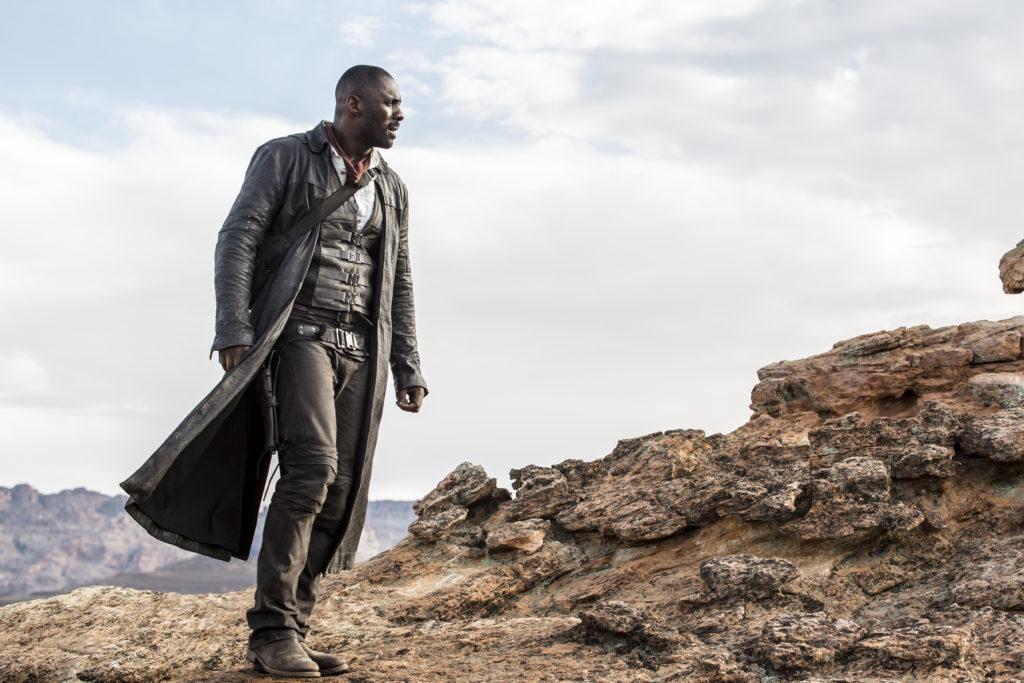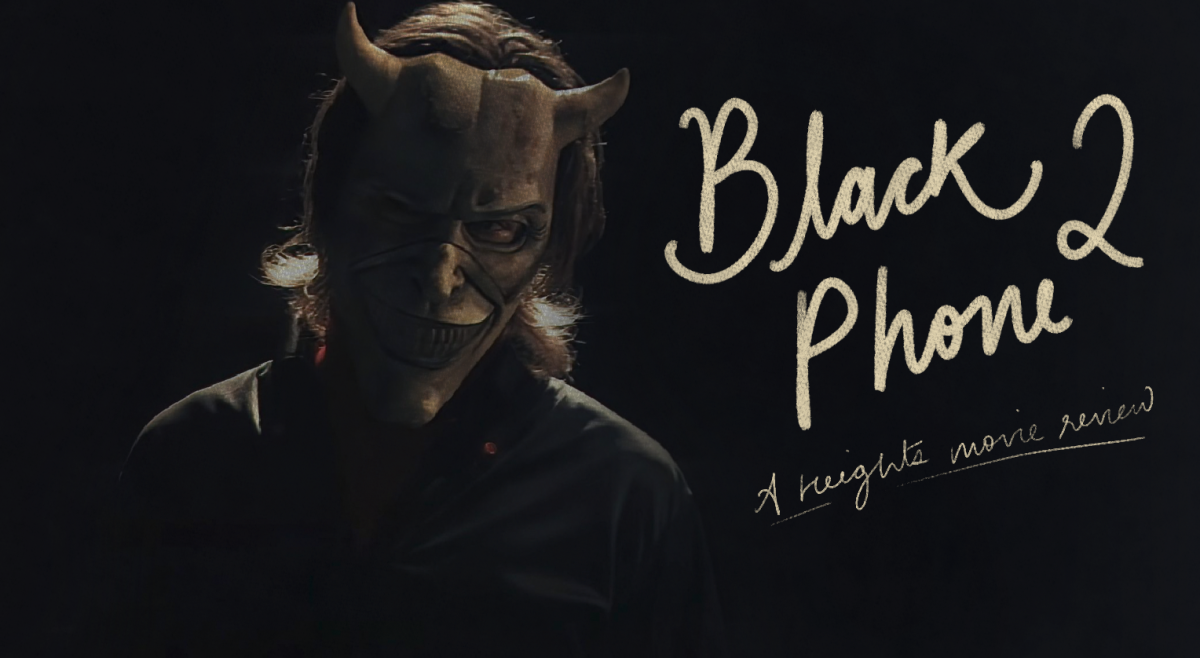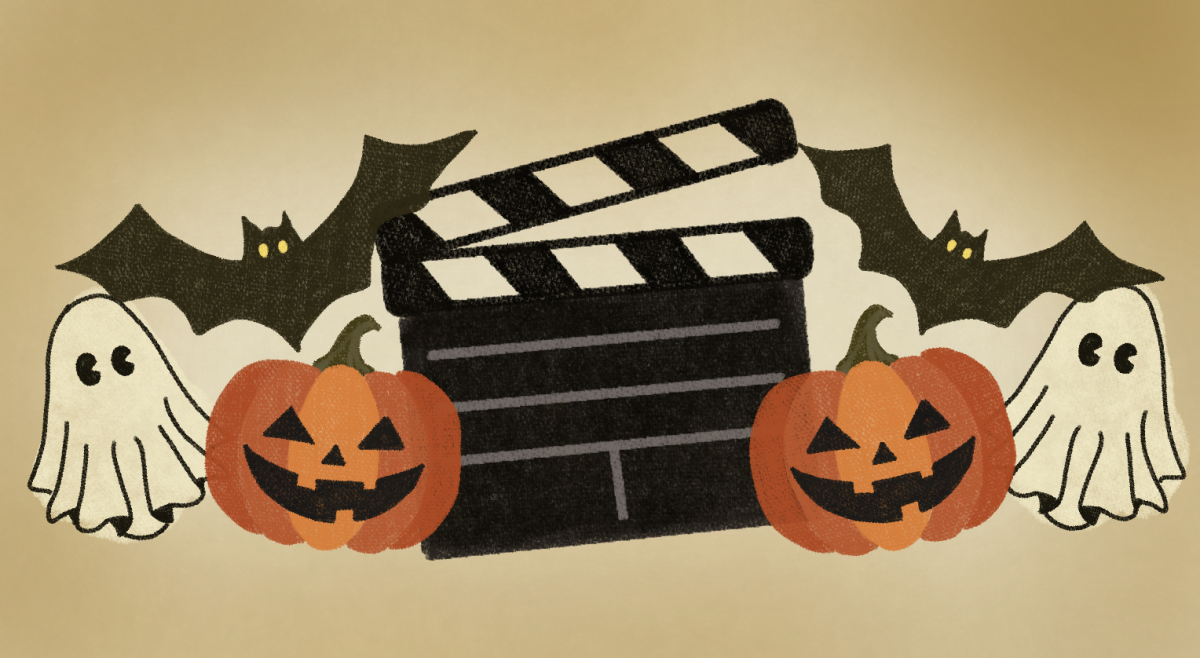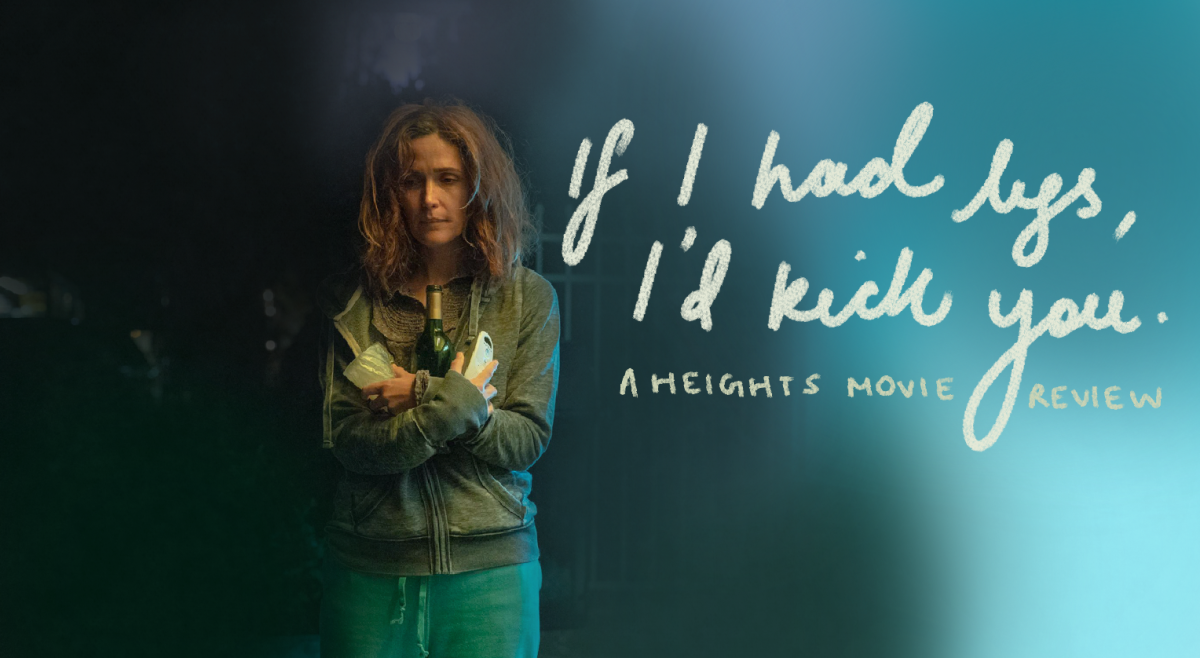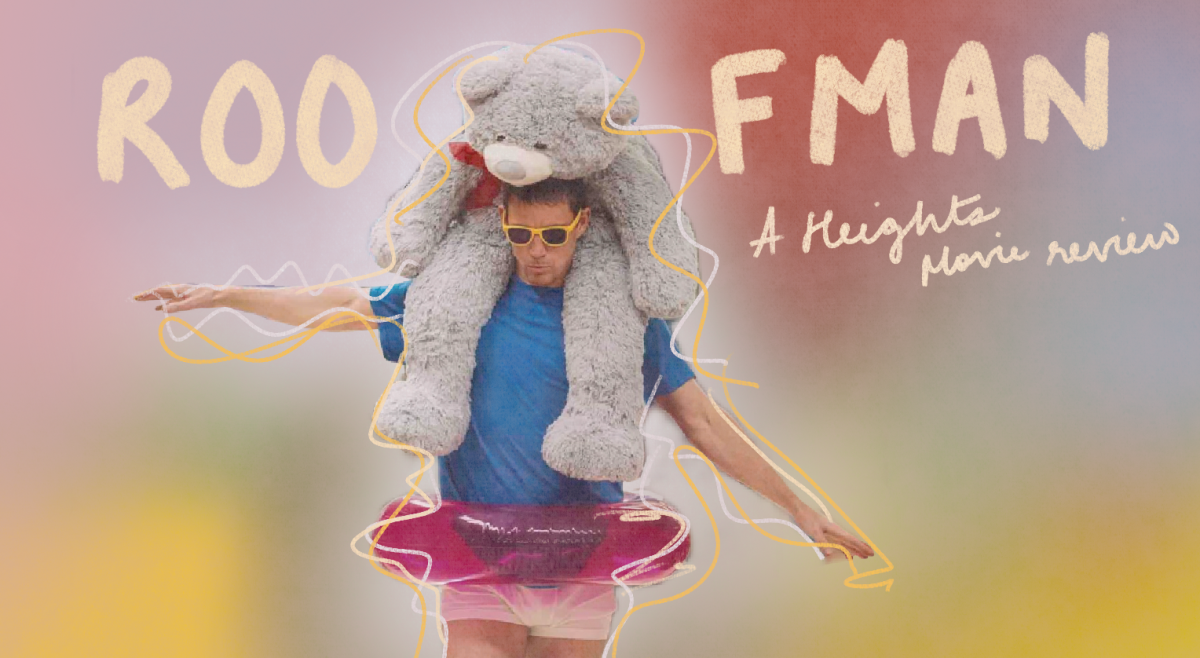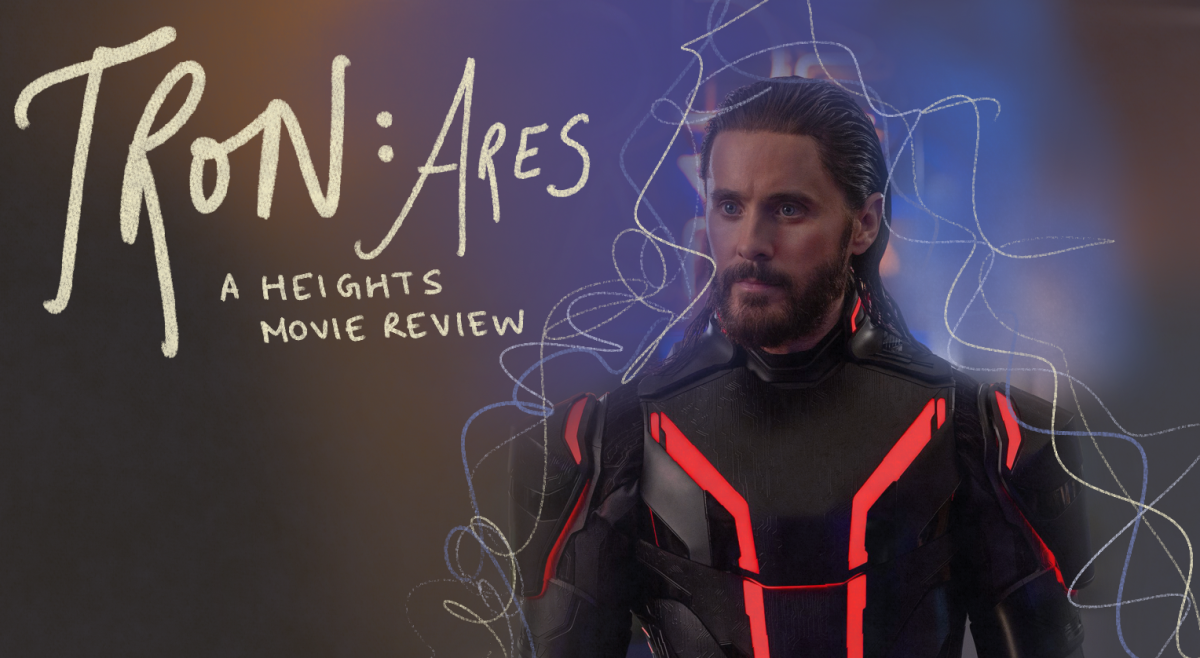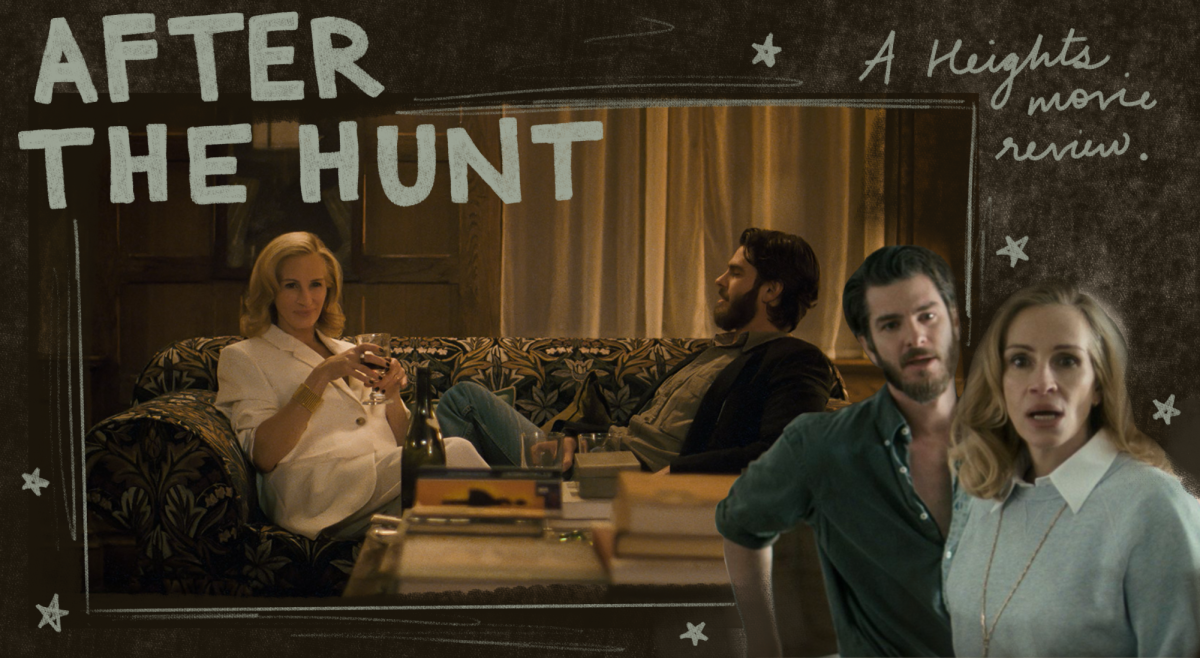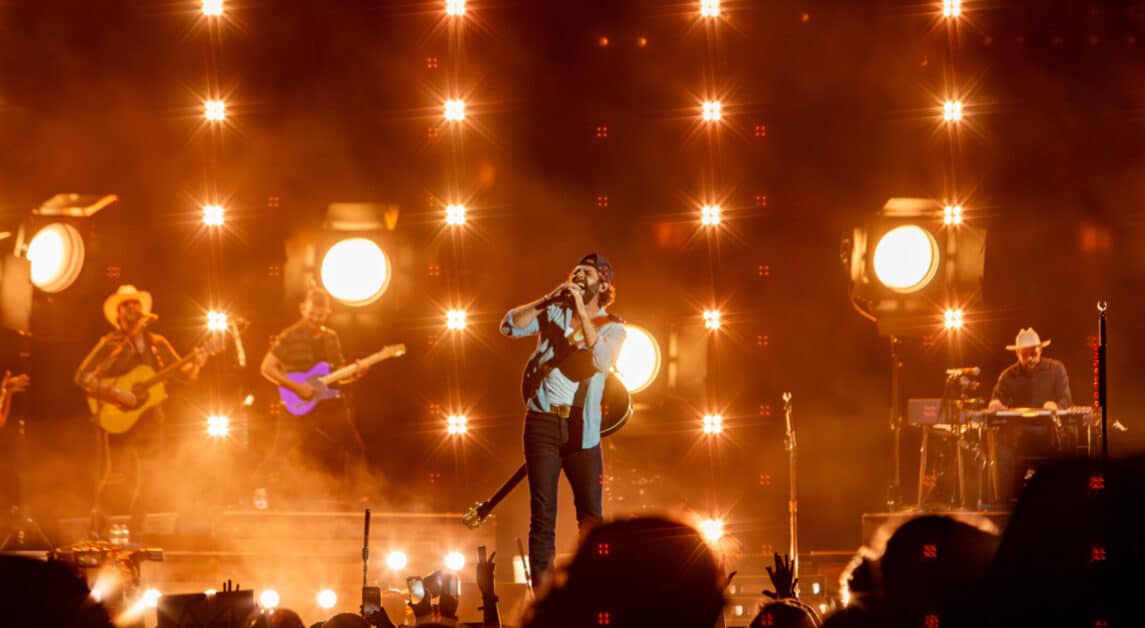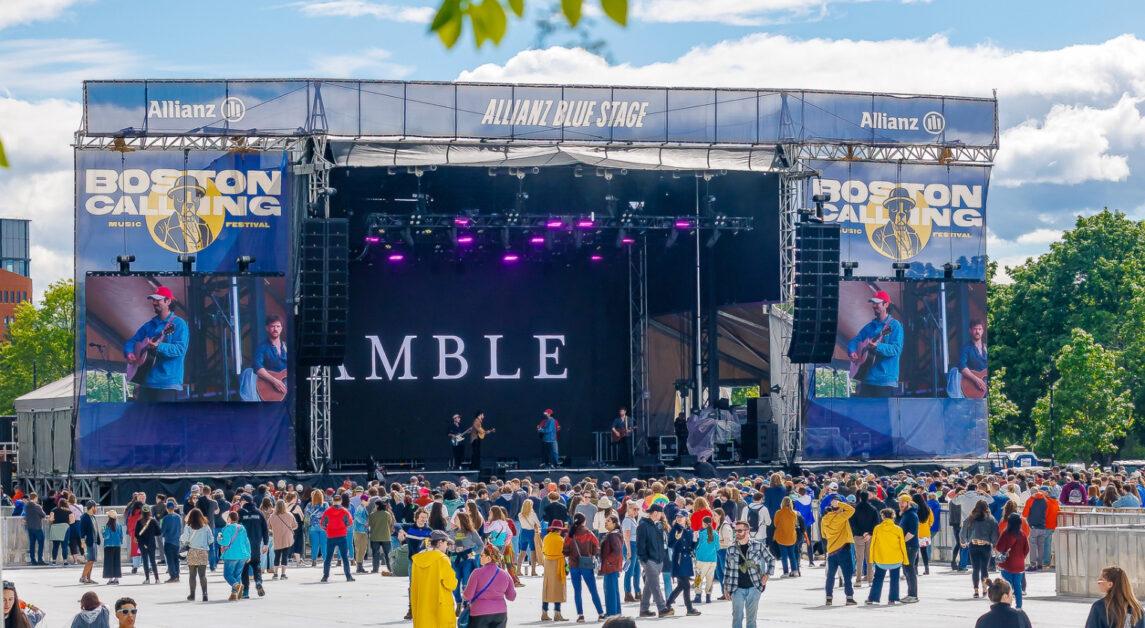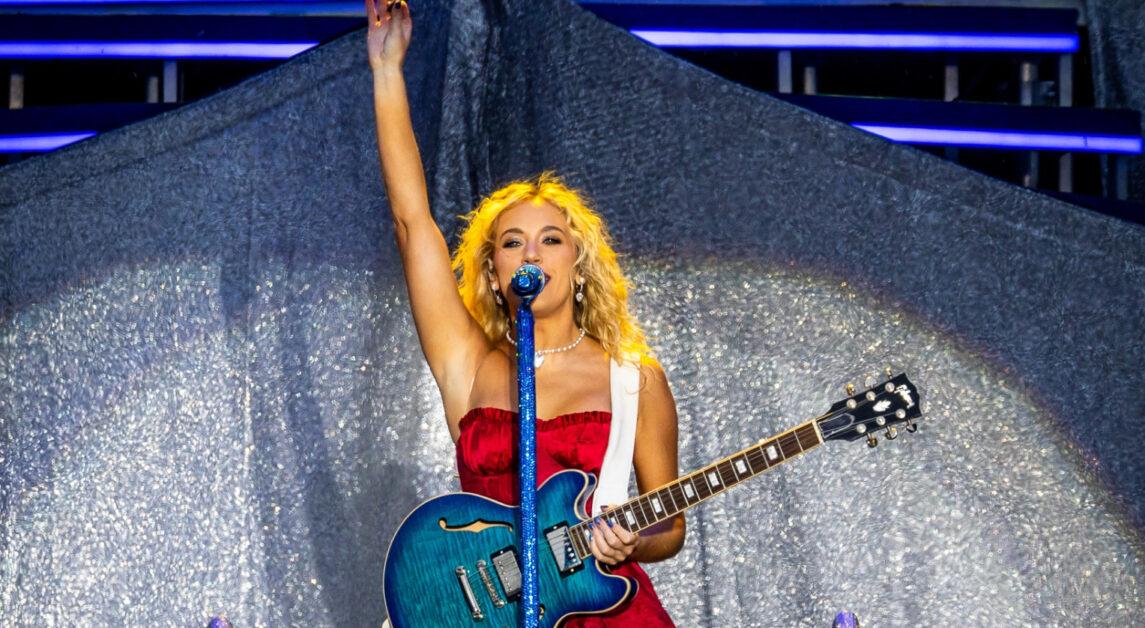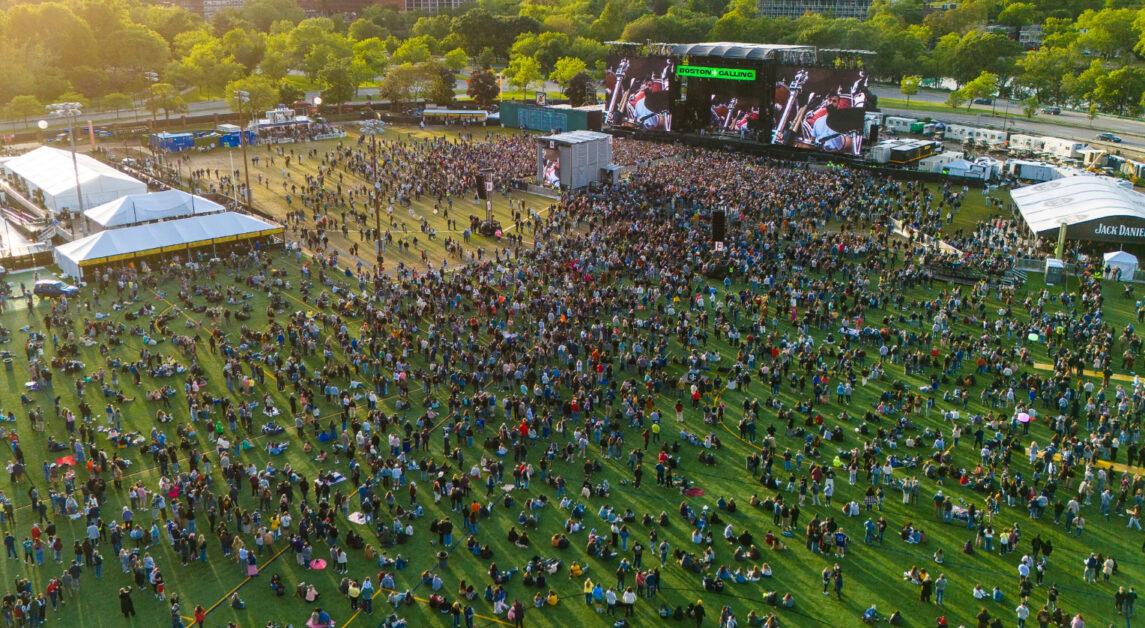A few years ago, I was reading a forum of people’s favorite quotes. Nestled among the pompous quotes from Shakespeare, Wilde, and Chaucer, one line caught my eye.
“The man in black fled across the desert, and the gunslinger followed.”
Below, someone had provided the origin: the opening line of The Gunslinger by Stephen King. In the fiction section of Barnes & Noble, between copies of Carrie, Cujo, and It, was a book that looked out of place in King’s bibliography. At its core, The Gunslinger is like a John Wayne Western, with science fiction and fantasy swirling around the periphery in a way that does not detract from its cowboy-centered focus.
Though I enjoyed the story, I never delved into another installment of that series. Until this April, that is, when I saw a preview for the upcoming movie The Dark Tower, an amalgamation of King’s entire Western series. Seeing as how all the books had received positive reviews, I figured I should read it before seeing the film.
The night of Aug, 8, I closed The Dark Tower, the series’ seventh and final book. With an epic journey through King’s fantastical Mid-World tucked away in my mind, I was ready for the film. I had chosen to ignore the negative reviews that had already surfaced in an attempt to watch the movie with a clean slate. Plus, it was a King book-movie—like The Shining, Misery, and The Green Mile—with stars such as Idris Elba and Matthew McConaughey. How bad could it be?
The answer to that foreshadowing question was apparent to me literally 10 minutes into the movie: very bad.
The film begins in New York City, and follows Jake Chambers (Tom Taylor), a young boy who believes he is seeing evidence that the Man in Black (Matthew McConaughey) is attempting to bring down the Dark Tower, a large black structure that, in the universe King has created, is present in all worlds, holding reality together. If the tower falls, everything will be destroyed and chaos will reign. Jake also has visions of a gunslinger, Roland Deschain (Idris Elba), who is trying to stop the destruction of reality itself. These visions and dreams are dismissed by his mother and stepfather as meaningless consequences of his father’s recent death.
His parents eventually decide that Jake should be placed into a psychiatric facility to recover. When the two facility employees show up to take Jake, he discovers that they are the same monsters from his visions, wearing face masks to appear human. He escapes into New York, finds a portal, and arrives in Mid-World, a post-apocalyptic land inhabited by the last remnants of humanity. He and Roland soon join forces and, after a series of disjointed and almost unintelligible scenes, The Dark Tower mercifully comes to an end.
The actors in The Dark Tower are all fine. While it’s not Elba’s best performance, he does a very good job with the script he’s been given. McConaughey channels his confident swagger well, and even Taylor plays the part. But the movie brings them down to its level. I can’t imagine that anyone’s career will be helped by this movie, and it doesn’t look like it’s going to be breaking any box-office records, so I’m not sure what the motivation for being a part of this is.
My complaints about The Dark Tower do not stem from small changes from the books like The Martian, or from the omission of some scenes for the sake of runtime like Harry Potter. It’s not that The Dark Tower is vacuous for the sake of sequels like The Hobbit. It’s not that The Dark Tower was a bad, albeit semi-faithful, adaptation, like any of the sequels to The Lion, The Witch, and the Wardrobe. It’s not that it was a movie so ingrained with lore that only the fans could understand it, like Warcraft apparently was.
Rather, The Dark Tower was not a faithful adaptation of any singular novel in the series. It was a perverted and twisted amalgamation of books two through seven in the series. Within the first 15 minutes of the movie, there were scenes, characters, and plot points from books five, six, and four—in that order. At the same time, The Dark Tower left out a couple of the most important characters in the entire series.
For example, imagine if the first film in the Harry Potter series was just called Hogwarts and it focused on Harry and his sidekick/mentor Dumbledore. Harry would already be established as a wizard and would fight main-villain Dolores Umbridge and her hordes of minions, the dementors. Ron and Hermione would never be mentioned, nor would Harry’s previous escapades, and the only reference to Voldemort was some graffiti in the background of one scene.
This odd phenomenon plays out in The Dark Tower when Jake finds the portal to Mid-World. The book runs counterpart to what this scene was going for occurs in The Waste Lands, the series’s third book. In the movie, Jake finds an abandoned house that he saw in his dreams. He goes to the house, and while attempting to walk through the portal, the house almost tears itself apart trying to eat him. Think a live-action version of Monster House.
For little or no reason, it stops trying to eat him and Jake stumbles through the portal landing alone in Mid-World. He wanders aimlessly until he happens upon Roland’s stuff and basically surprises him. This contradicts core parts of both characters and detracts from their relationship. In the books, this scene has been built up with lots of context, showing the points of view of both Jake in New York, and Roland (and the other main characters who were inexplicably left out of the film) in Mid-World. Roland and the others work on one side of a portal to help bring Jake through, while Jake tries to escape the clutches of a demon on the other. More importantly, Roland and Jake have already met and traveled together throughout the first book in the series. It’s not that the book does the scene better—although it does—it’s that, in the book, the scene makes sense.
What’s really upsetting is that the entire The Dark Tower book series could have made for a great movie series. Each book is fairly well-contained and well-connected to the rest of the series. The Gunslinger could have been a good version of Jonah Hex. The franchise could have grown with the addition of new characters in the second movie, based on The Drawing of the Three. By the third movie, based on The Waste Lands, the series would have become Lord of the Rings-esque. The overarching story is an epic, spanning across dozens of years and thousands of miles. There was real potential here for the next great fantasy series. It has everything that Hollywood could have wanted. It has an avid fan-base, an already-existing property that can be easily turned into movies, the potential for at least six sequels, and plenty of material to work with.
Maybe if The Dark Tower had been a good movie to begin with, even without being faithful to the books, this would all be forgivable. But it’s not. The Dark Tower is a disjointed mess of a movie. Plot pieces are thrown around haphazardly, continuity errors are sprinkled throughout, and most scenes look like a cross between an episode of Once Upon A Time and a movie based on a young-adult book (think The Maze Runner, Divergent, and The Giver).
There is no one to which I can recommend this movie. Fans of the books will probably hate it, and fans of movies in general will too. What’s more unfortunate is that this movie will probably discourage people who might have otherwise read the series. The books are really quite good, and they tie together much of King’s bibliography.
I suppose its only redeeming quality is that it’s a fair excuse to sit in a comfortable chair while you eat popcorn and drinking Coke slurpees. At least you’ll have A/C for 100 minutes on a hot summer’s day.
Featured Image by Associated Press

